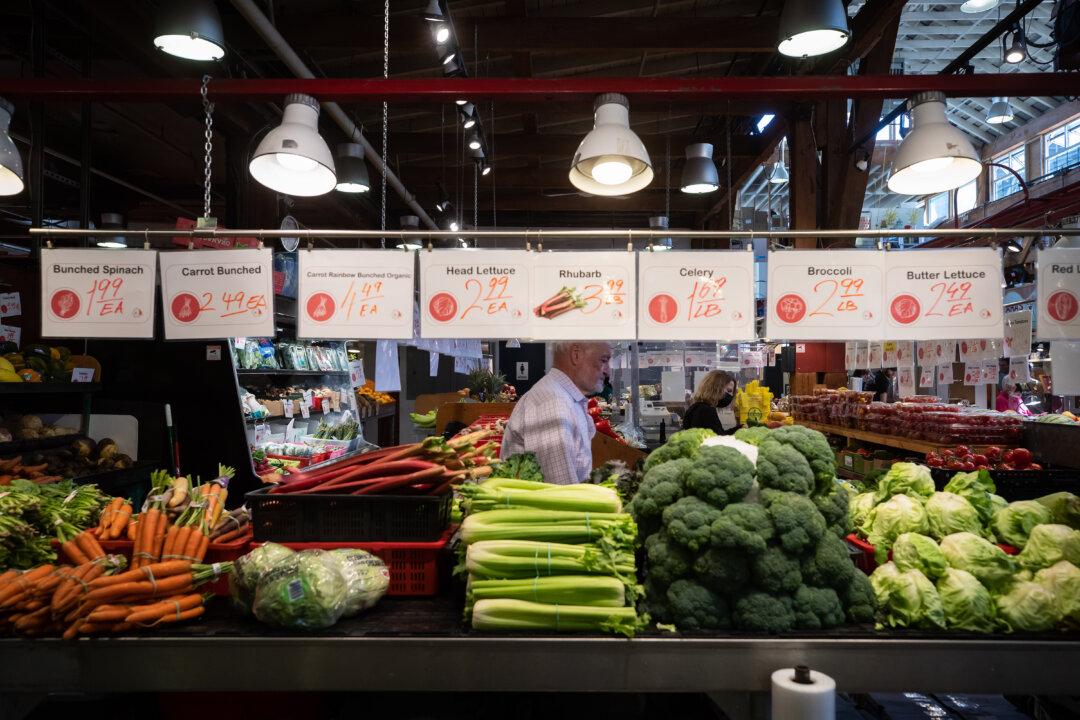Most Canadians hold the view that high spending by the federal government is what hinders the nation’s central bank from taming inflation, according to a survey by the Bank of Canada (BoC).
Released on April 3, the report, titled “Canadian Survey of Consumer Expectations—First Quarter of 2023,” also indicated that nearly one-third of Canadians believe Ottawa’s spending pattern will persist for years—affecting inflation much longer than disruptions in supply chain will.





